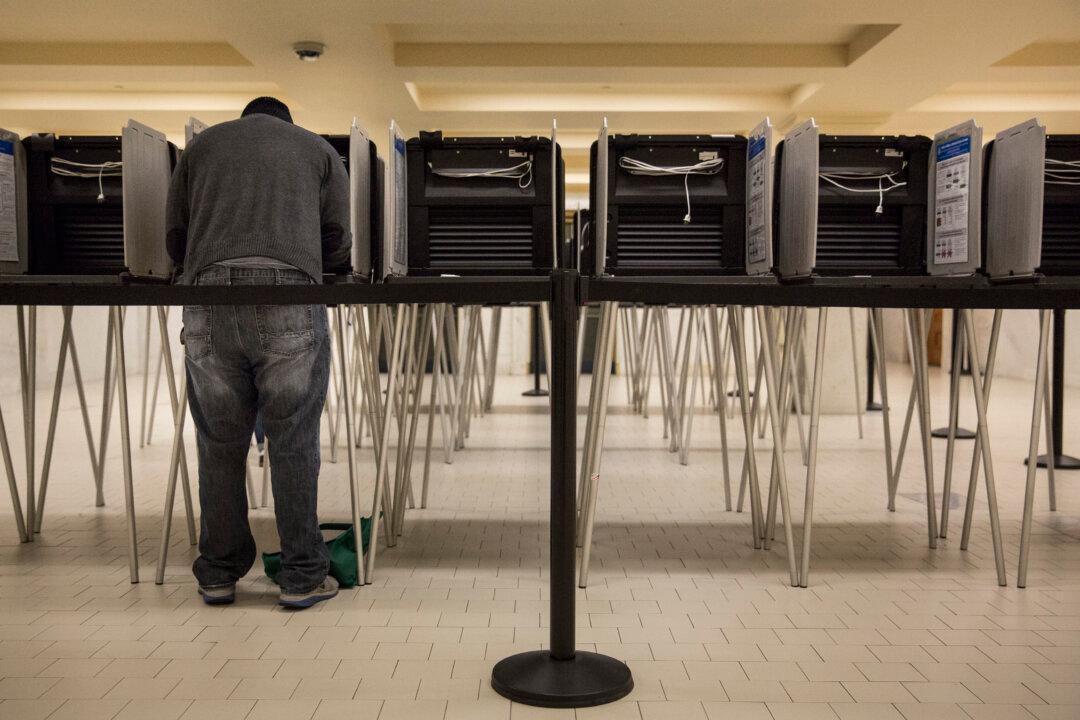A California appeals court decision will effectively allow non-U.S. citizens to vote in San Francisco school board elections in November, despite a court ruling earlier this year that struck down the local law as unconstitutional.
California Superior Court Judge Richard Ulmer struck down the city’s ordinance allowing noncitizens to vote on July 29. However, the First District Court of Appeal in August granted a request by the city for a stay of the decision.





